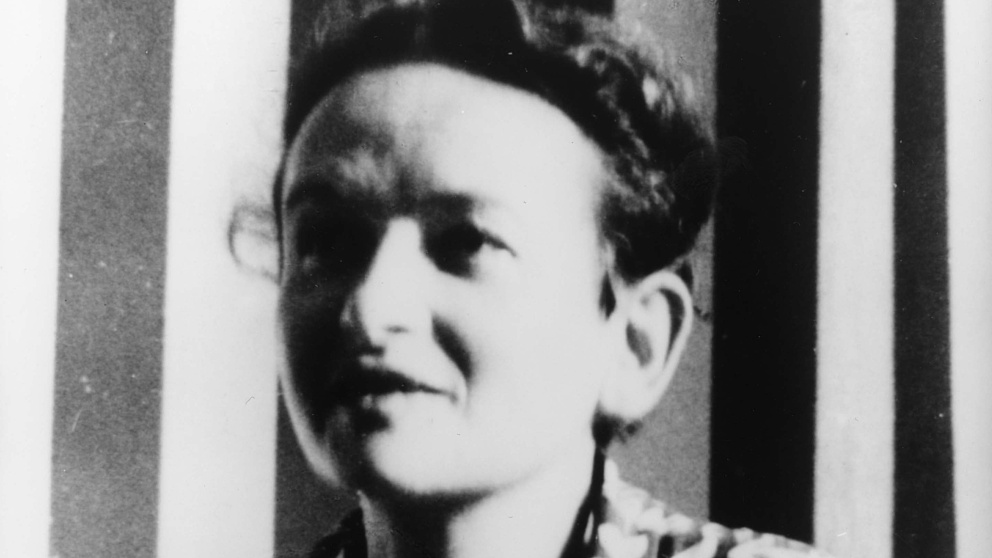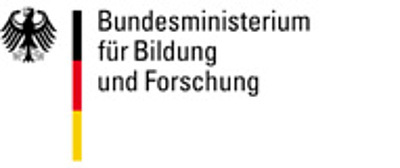Jump to the content
- {{#headlines}}
- {{title}} {{/headlines}}

Contact
Press, Communications and Marketing
Tel.: +49 228 833-144
Fax: +49 228 833-441
presse[at]avh.de
Collaboration award for researchers in the humanities and social sciences
The Anneliese Maier Research Award was granted to world-class researchers in the humanities and social sciences from abroad to honour their internationally recognised academic achievements in their research area. The award winners could choose the people with whom they wanted to collaborate in Germany and conduct collaborative research over a period of up to five years.
Valued at €250,000, the Anneliese Meyer Research Award was granted for the first time in 2011 and for the last time in 2018 on the strength of an endowment from the Federal Ministry of Education and Research.
The aim of the award was to sustainably internationalise the humanities and social sciences in Germany. In addition to researchers who were already eminent leaders in their subjects, the award targeted researchers who were not yet so advanced in their careers but who had already gained an international reputation in academia and were expected to sustainably shape the humanities and social sciences in Germany through long-term collaborations.
Nominations were made by researchers in Germany; self-nominations were not possible. During the sponsorship period, the award winners were expected to conduct research that would actively impact academia. Particular emphasis was placed on nominating qualified female researchers.
The award was named after the German philosopher and historian of science, Anneliese Maier, who was born in Tübingen in 1905 and died in Rome in 1971.
Who was Anneliese Maier?

Anneliese Maier, who was born in Tübingen in 1905 and died in Rome in 1971, was an internationally acclaimed German philosopher and historian of science. For a researcher of her time, her biography is extraordinarily international. She studied philosophy, physics and mathematics in Berlin, Zurich and Paris and received her Ph.D. for her dissertation on “Kant’s categories of quality” in 1930. During the Nazi era, political pressures prevented her from completing her habilitation.
As a contributor to the Leibniz Edition of the Prussian Academy of Sciences she conducted archive studies in Italy. In 1938, she started working in Rome, first as a fellow of the DFG (German Research Foundation) and later as a fellow at the Bibliotheca Hertziana, the then Institute for Cultural Sciences and Arts in the Kaiser-Wilhelm-Gesellschaft, later the Max Planck Institute for Art History. Anneliese Maier's main work was a five-volume study on the Natural Philosophy of Late Scholasticism, of which the volume "The predecessors of Galilei in the 14th century" is the most well-known.
In 1951, she was granted the title of professor by the state of North Rhine-Westfalia. She became a corresponding member of the Academies of Sciences in Mainz, Göttingen and Munich and from 1970, also a member of the Medieval Academy of America. A scientific member of the Max Planck Society from 1954, she was the first German to be awarded the George Sarton Medal, the most distinguished international honour in the history of science, in 1966.

